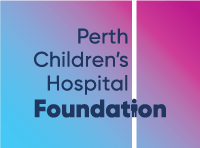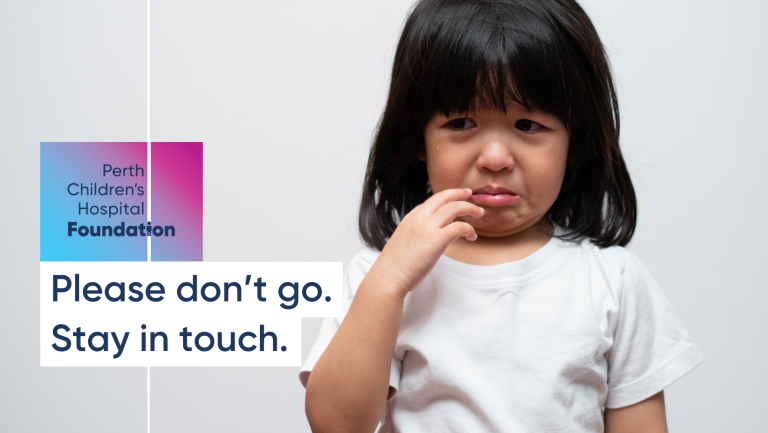Scientific Advisory Committee.
The Perth Children’s Hospital Foundation (PCHF) has a proud tradition of supporting the Perth Children’s Hospital and the Child and Adolescent Health Service. Thanks to the generosity of our donors and the community, we’ve contributed over $100 million in grant funding since 1998. A core part of our support is funding ground-breaking research and world class experts to ensure WA kids are at the forefront of the best possible preventions, cures and care, right here in WA.
As our funding of research has grown, so have we, and in 2024 we are excited to launch our inaugural PCHF Scientific Advisory Committee. This committee will undertake a rigorous scientific review of our funding applications and provide independent scientific advice to the Foundation and its Board.
Who are we looking for?
Our committee consists of experienced researchers with relevant experience and understanding in areas relating to the healthcare of children and young people. We are committed to ensuring our Scientific Advisory Committee is as diverse as our community and will regularly seek expressions of interest from individuals from across the healthcare spectrum, including allied health, nursing and midwifery, physicians, and scientists. As we continue to build our group of members, we expect the committee to be at least 50% women and to include a range of cultural backgrounds. We feel it’s vital to have Aboriginal and Torres Strait Islanders researchers on our committee and actively encourage applications from First Nations researchers.
Are you eligible?
Our committee members have been selected with several factors in mind. New nominees should have the following:
Healthcare Experience
Have experience working in paediatric healthcare, or other forms of relevant professional practice.
Research Experience
A postgraduate research qualification and at least 10 years research experience.
No Conflicts
We are committed to ensuring our grants are objectively assessed and free from real or perceived conflicts of interest. We are seeking individuals who have not worked for the Child and Adolescent Health Service for at least 3 years.
TIME
We expect to conduct most of our work virtually, with reviews being distributed 4 to 6 times per year. The Committee will meet via video-conference at least 4 times a year.
Role, responsibilities and expectations.
Members of the PCHF Scientific Advisory Committee provide independent scientific reviews of research applications received by the Foundation. This includes research projects and the recruitment or appointment of research fellowships or professorial chairs. In addition, the committee provides independent advice to the PCHF Board on areas of strategic importance. Committee members will be required to comply with the Scientific Advisory Committee terms of reference, including appropriate declarations of interest.
Members will be appointed for a term of two years and be eligible to be reappointed for one additional term.
We recognise your commitment to the kids of WA.
We know that you are committing to help the Foundation to support the children and young people of WA and we want to ensure you are supported and recognised for your contributions.
Our dedicated Grants team, led by Head of Grants Emma Hall, provides the committee support to review our research applications. Our committee members are profiled on our website and our impact and annual reports. We can provide statements of recognition if desired. Finally, we know reviews may occur in the committee’s own time and we will provide an honorarium of $1000 per annum in recognition of the time and contributions each member makes to the Foundation and our goals.
Our Inaugural Scientific Advisory Committee.
Our inaugural committee covers a range of professions including:
- Nursing
- Physiotherapy
- Dietetics
- Psychology
- Epidemiology
- Clinical trials
- Physiology
- Medicine
- Laboratory sciences
Areas of healthcare include:
- Respiratory medicine
- Physical activity
- Mental health & wellbeing
- Neonatology
- Oncology
- Allergies
- Hospital infection control & adverse events
- Infectious diseases
- Public health
Our Committee.
The recruitment of our inaugural Scientific Advisory Committee is being supported by Graham Hall from Synergy Health Solutions. If you are interested in applying or would like to know more, please contact Graham on 0439 692 870 or graham.hall@synergyhealthsolutions.com.au.
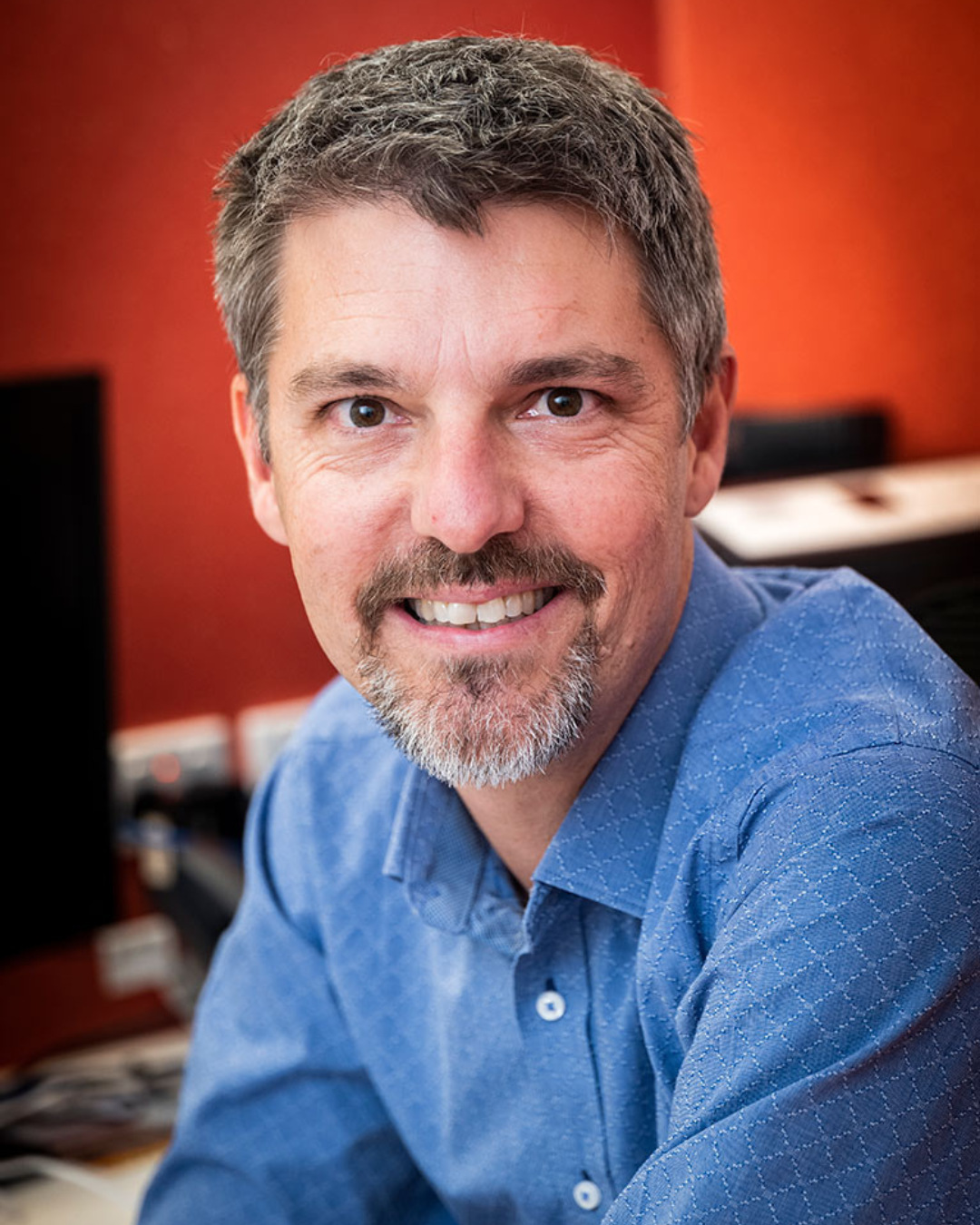
Professor Graham Hall
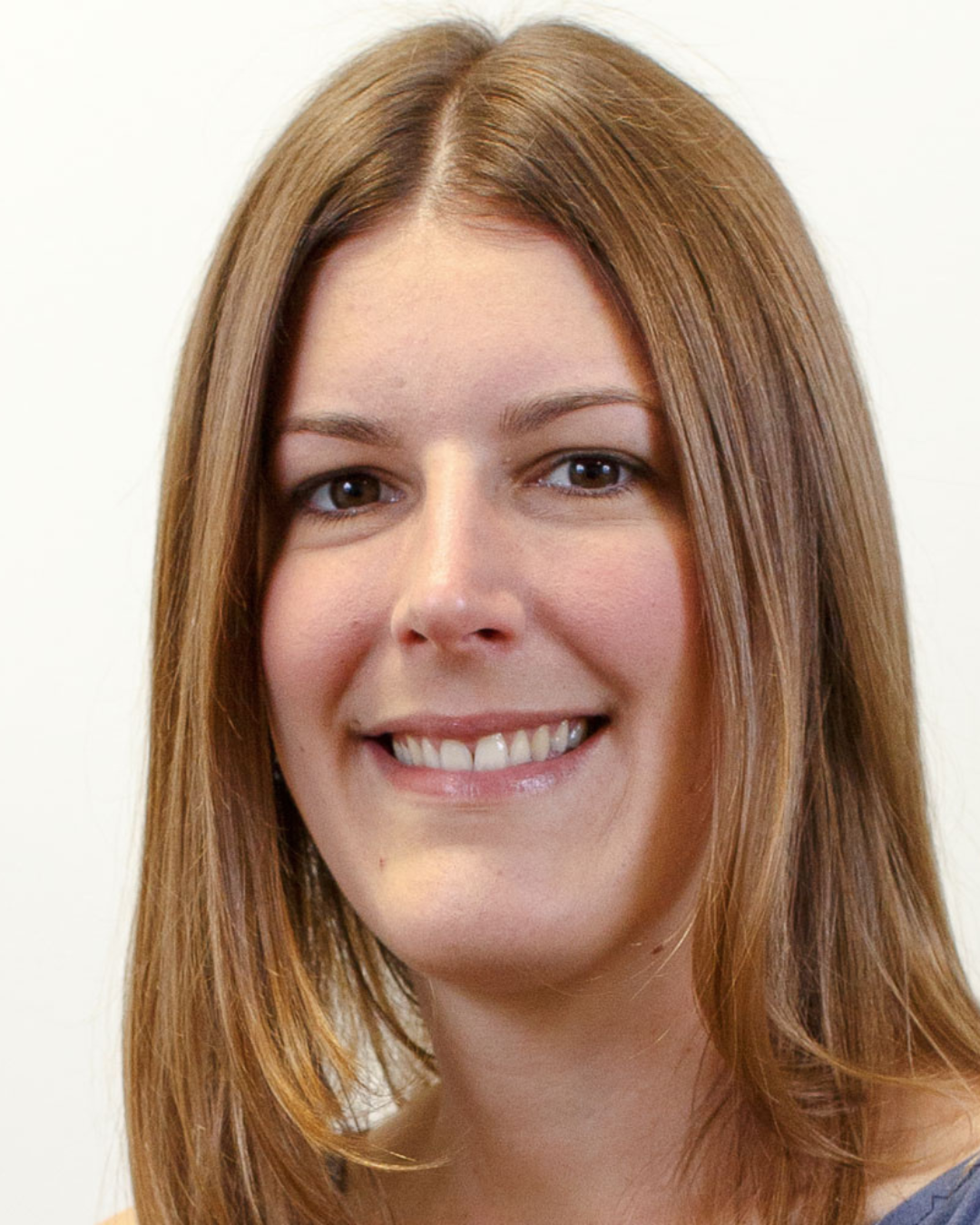
Associate Professor Jennifer Koplin
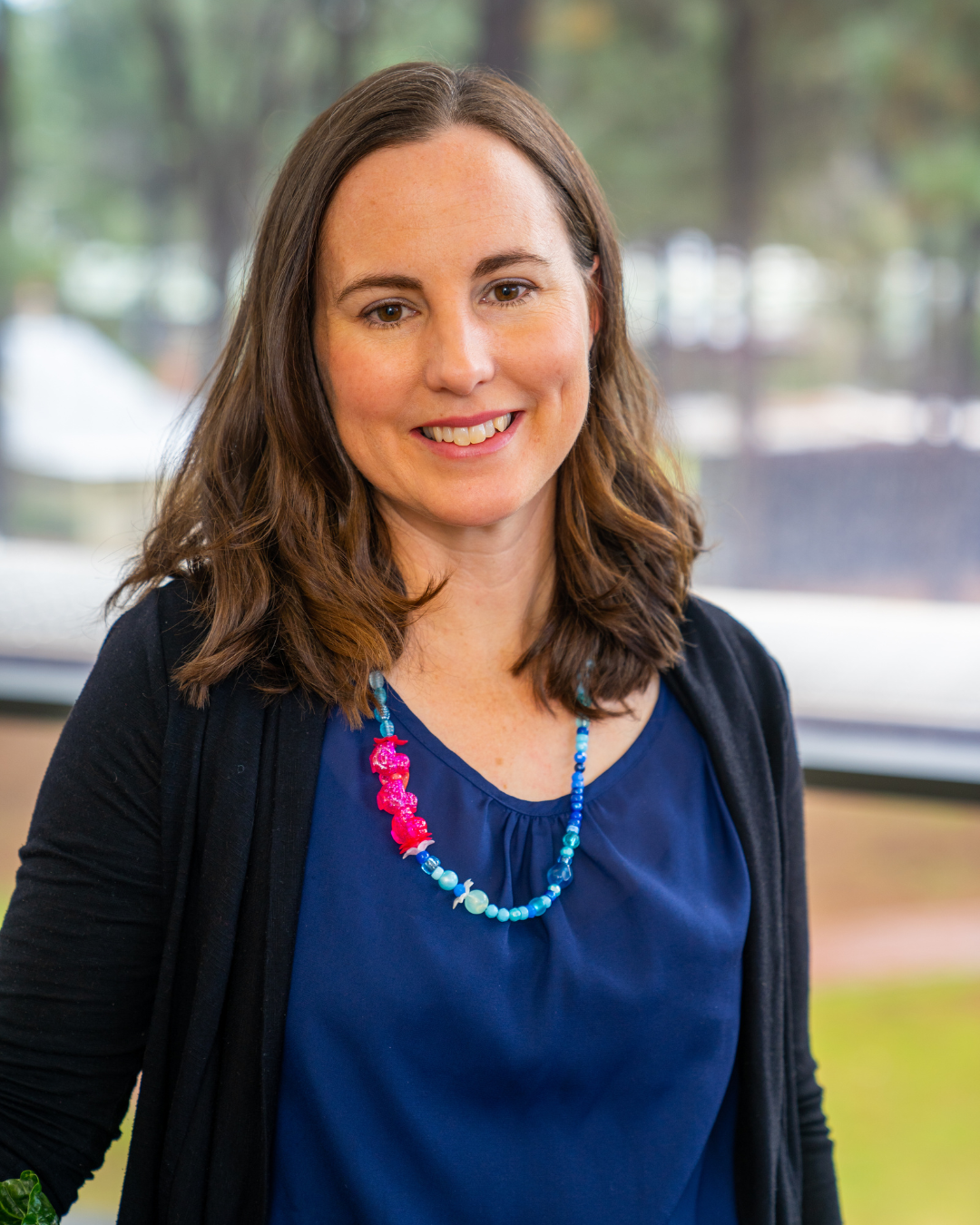
Associate Professor Therese O’Sullivan
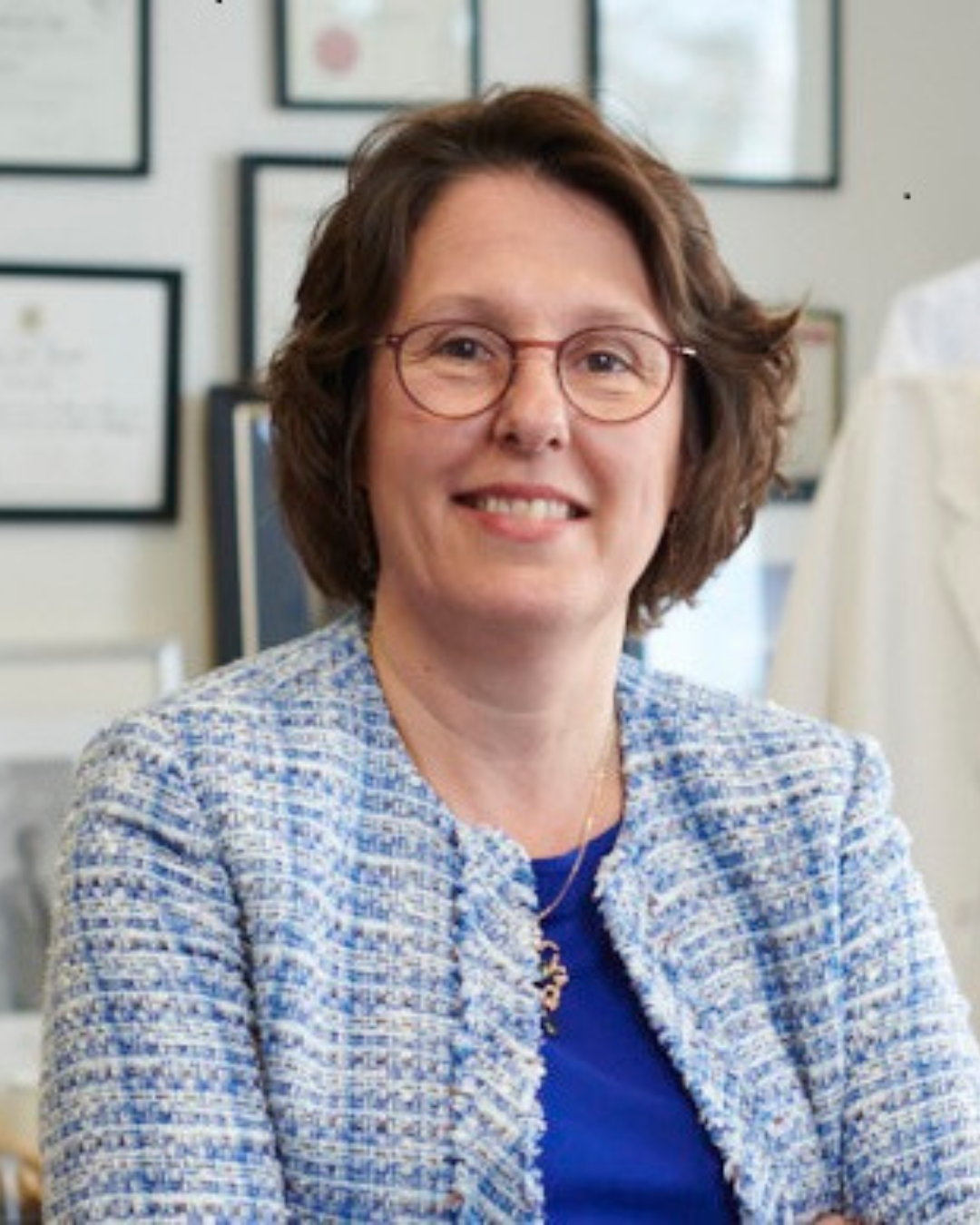
Professor Charlene Kahler
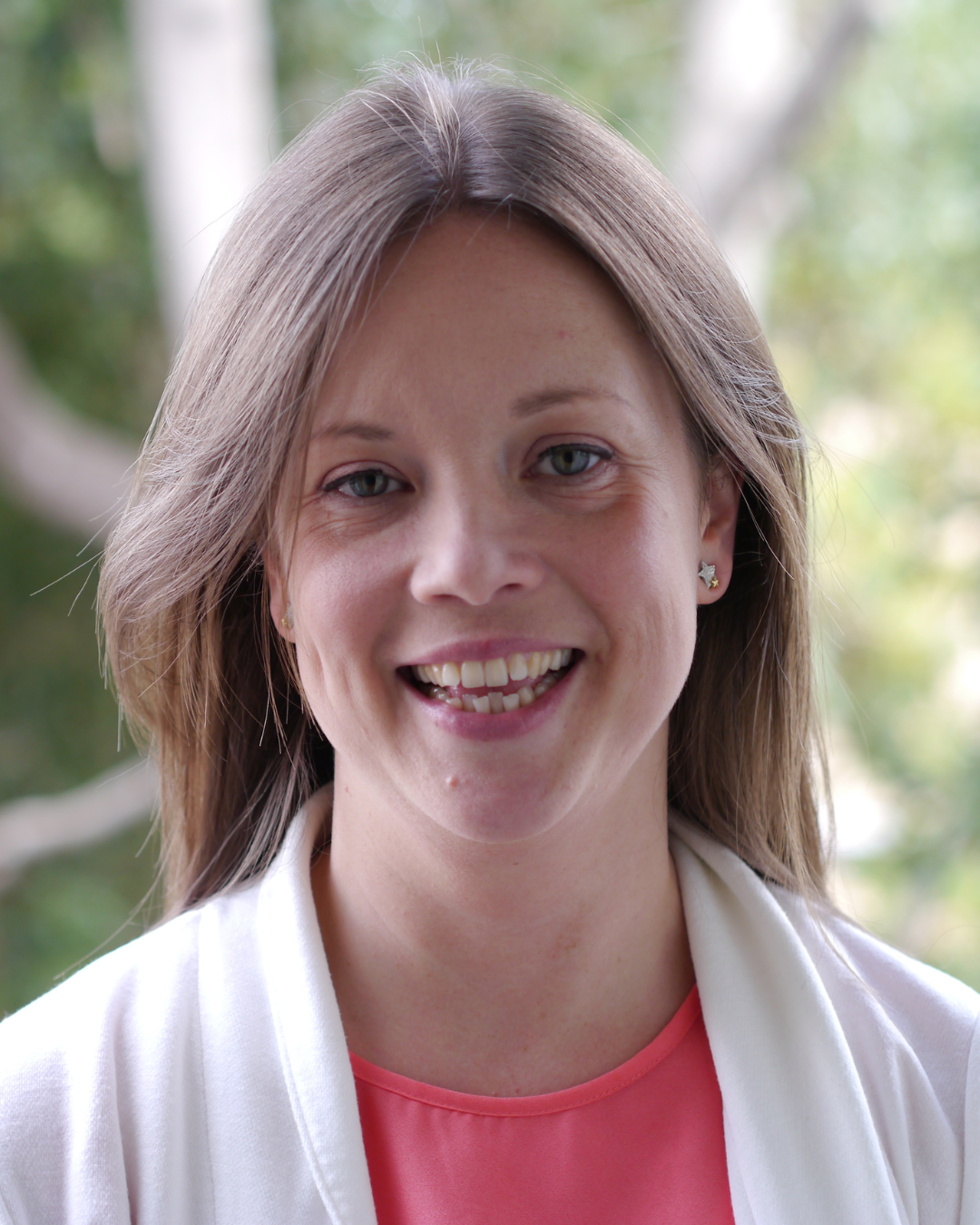
Dr Lisa Mundy
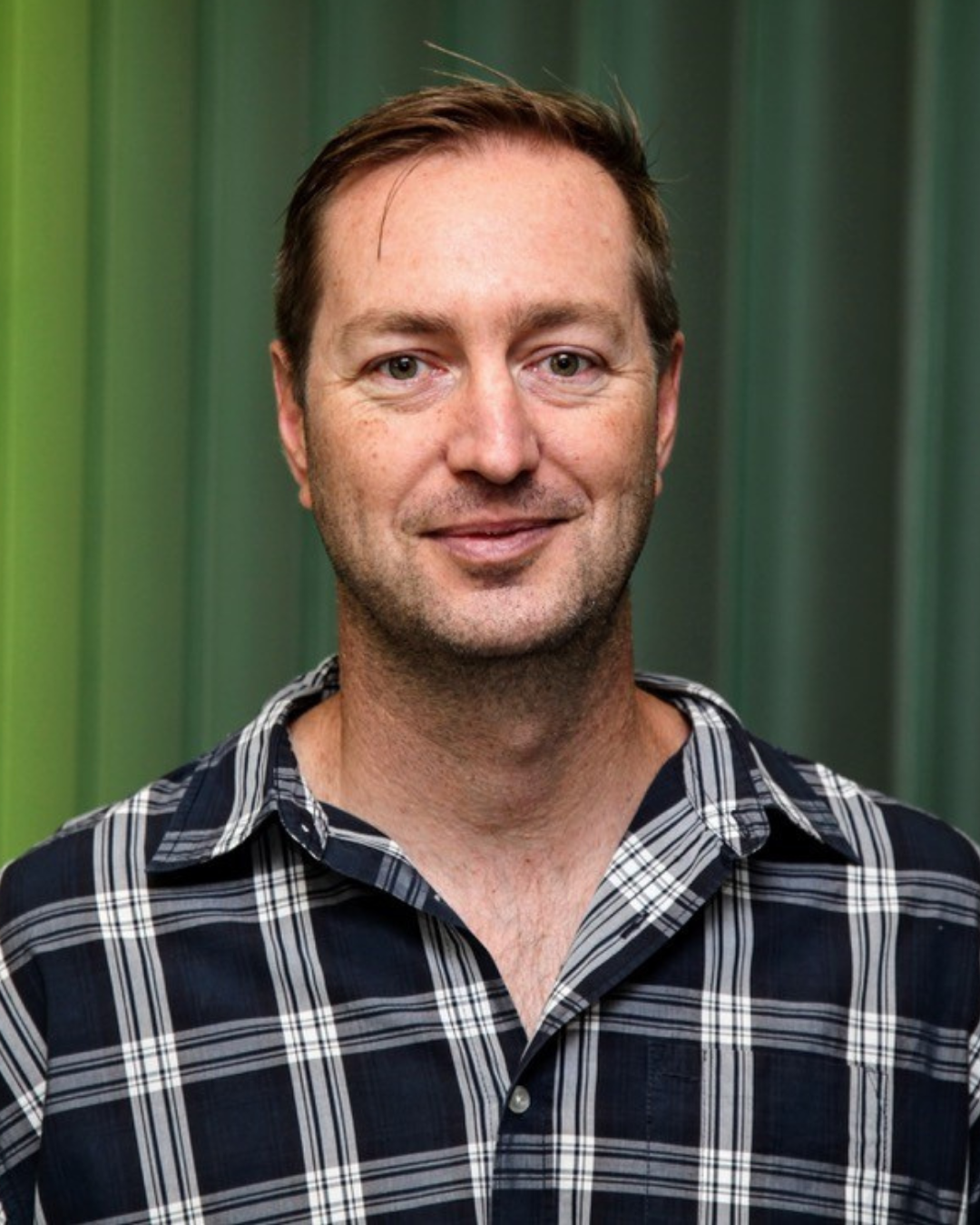
Professor Graeme Polglase
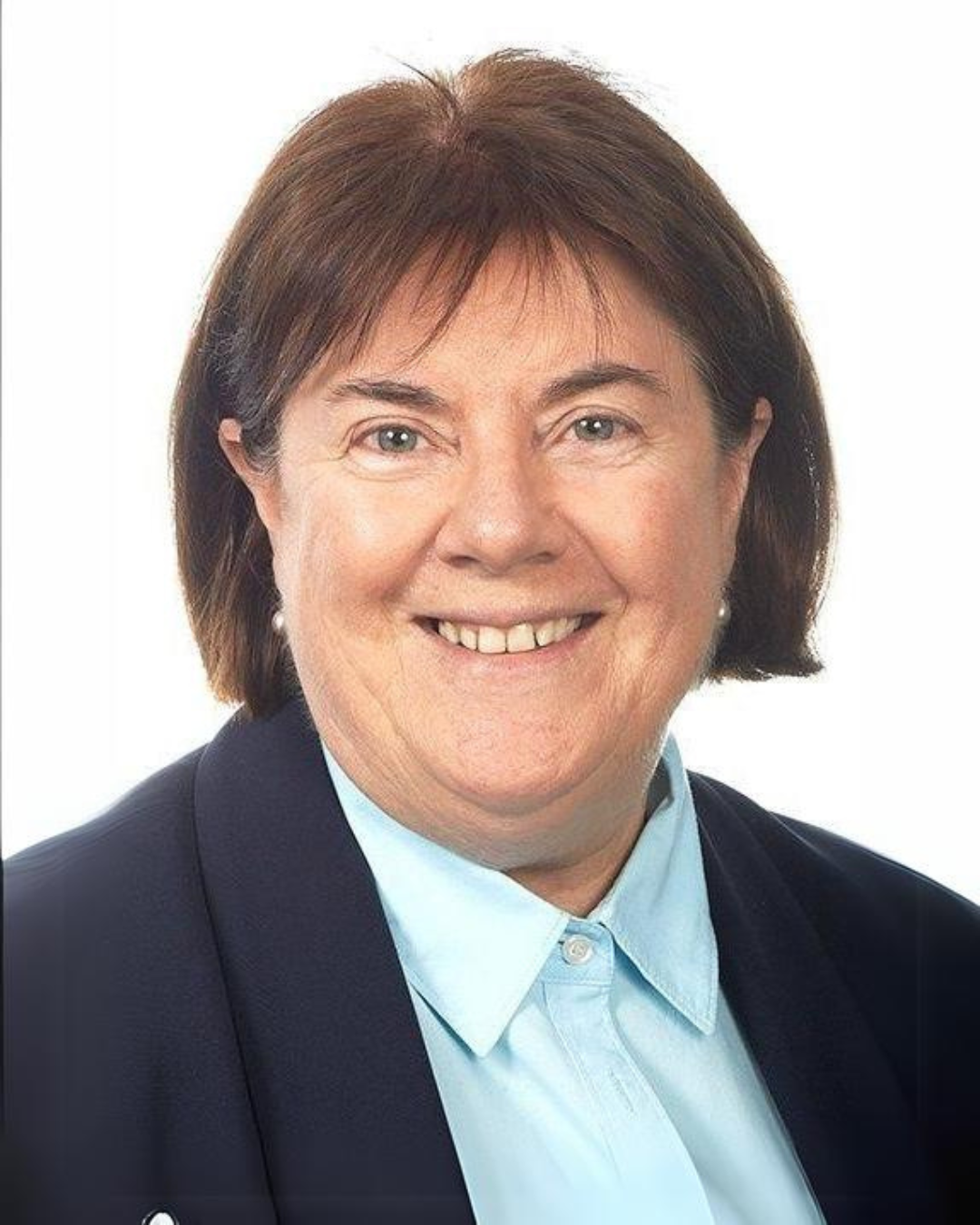
Professor Marilyn Cruickshank
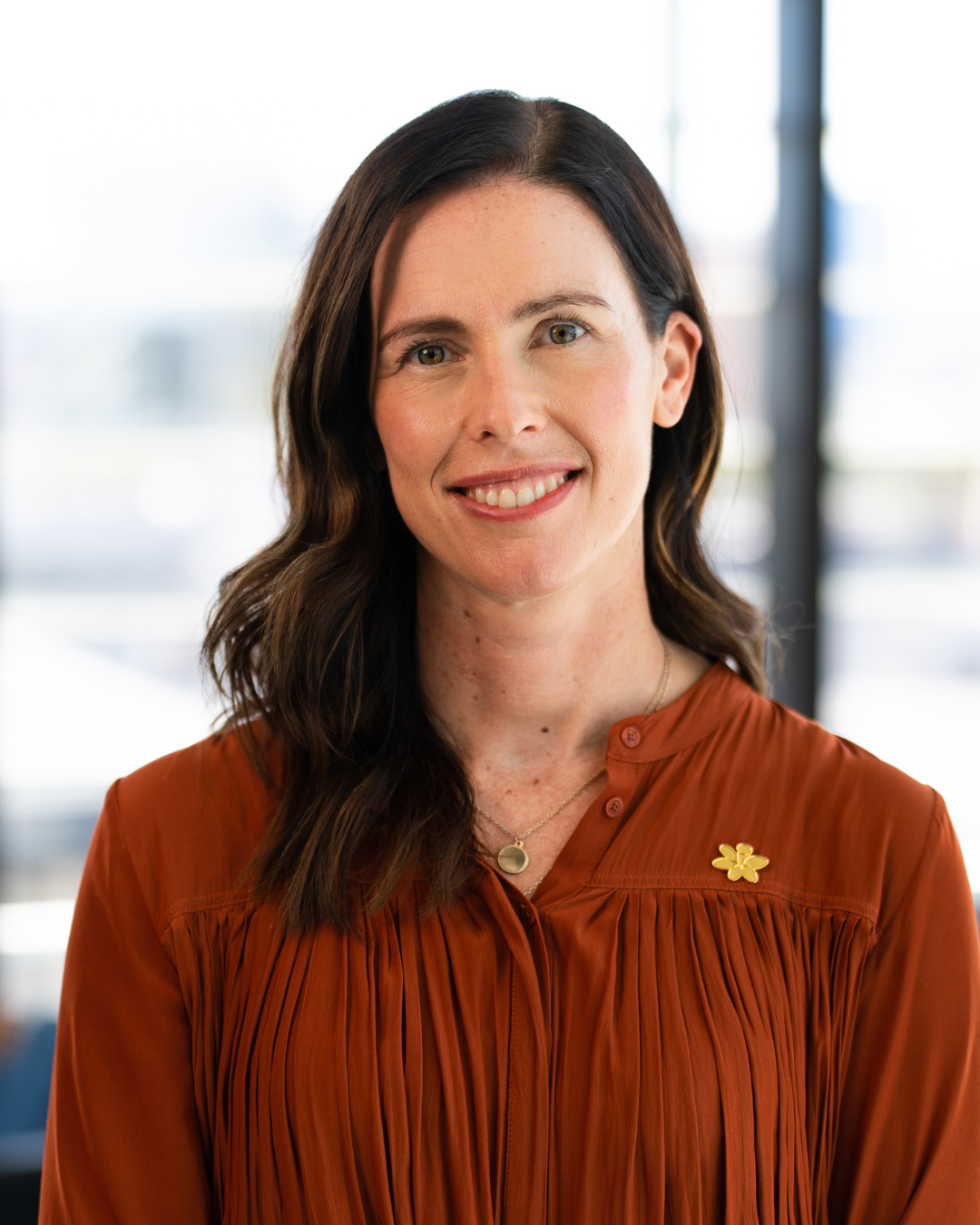
Professor Amanda Ullman
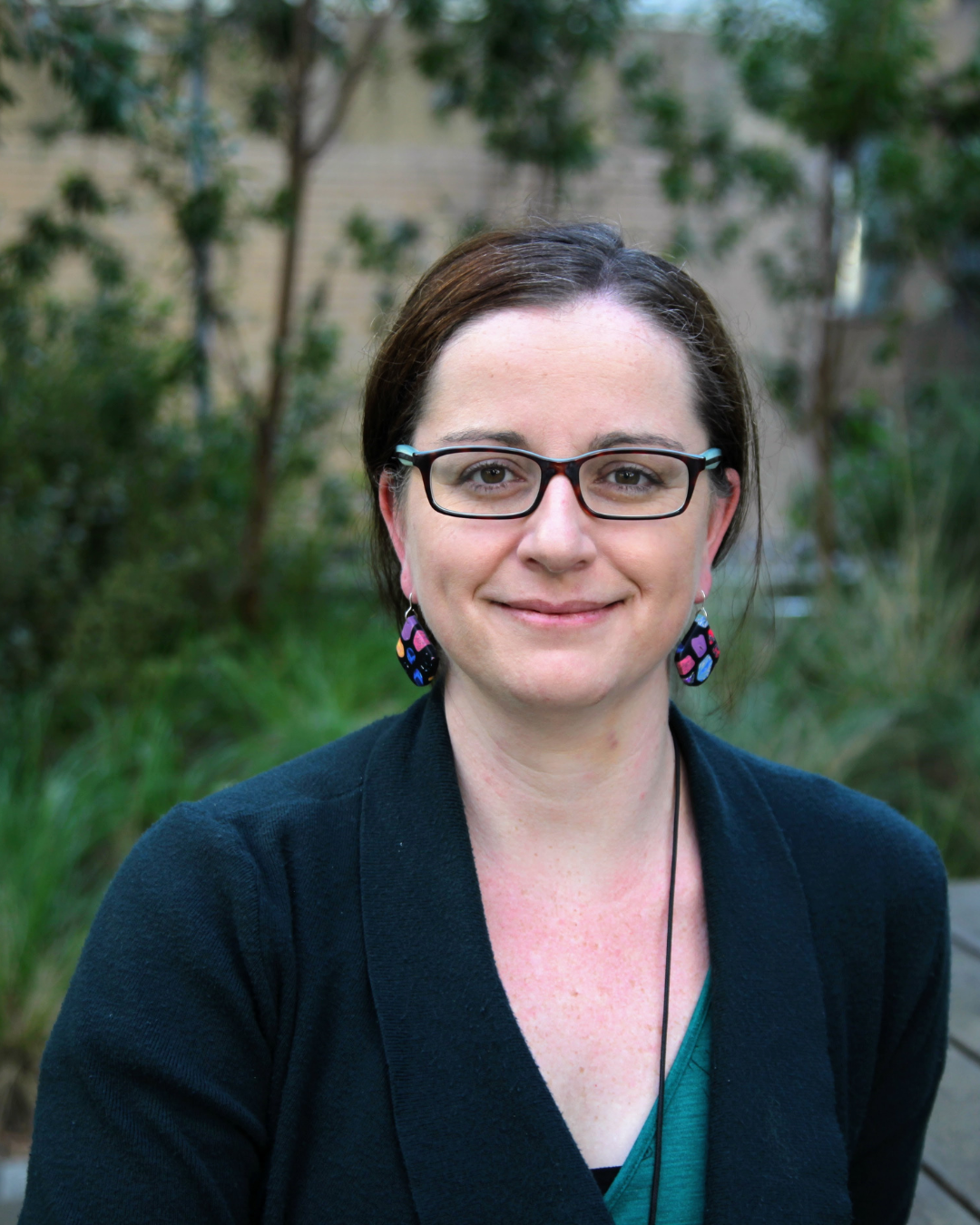
Dr Catherine Carmichael
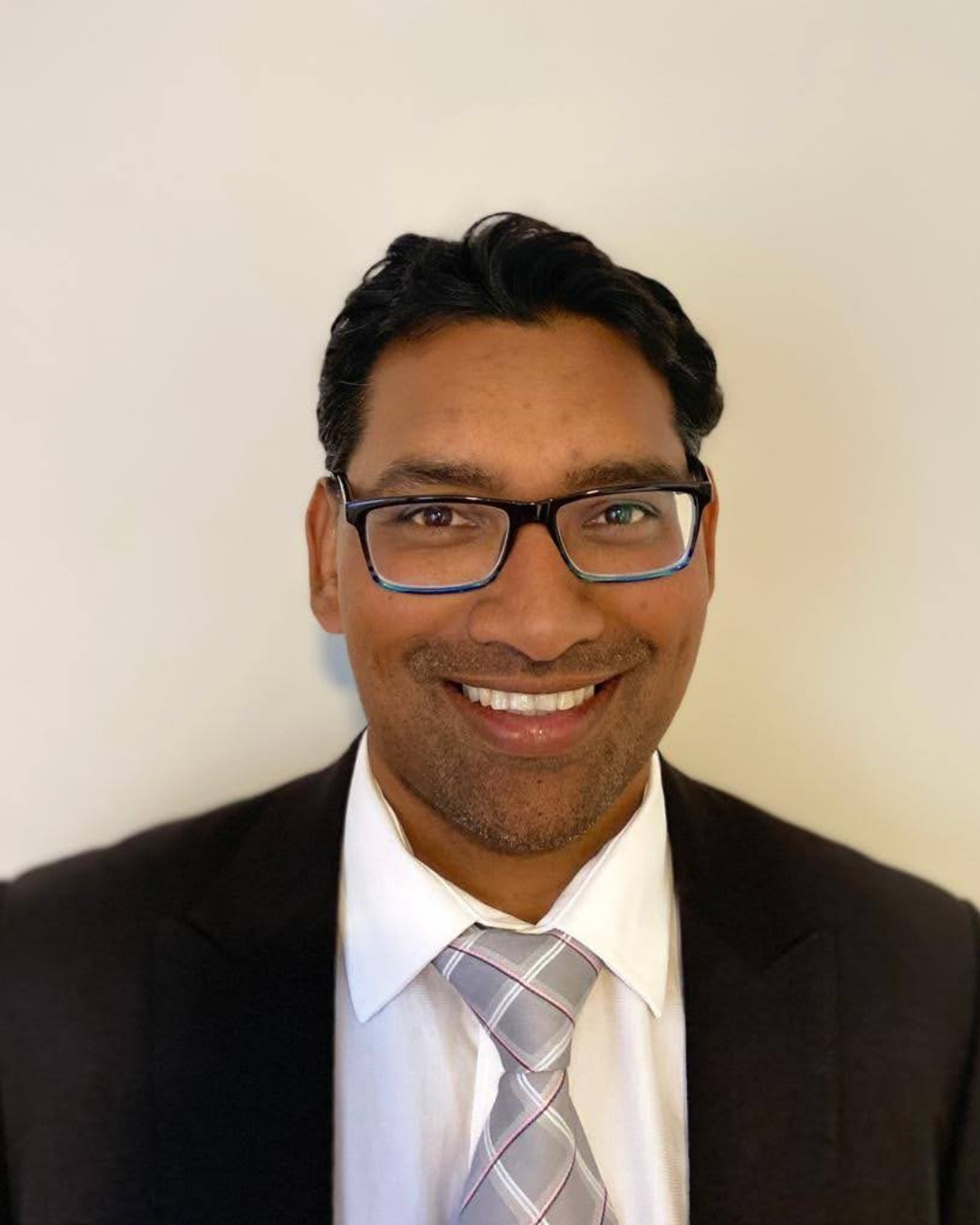
Professor Gavin Pereira

Professor Hiran Selvadurai
Get in touch!
If you would like to know more, please contact research@pchf.org.au
